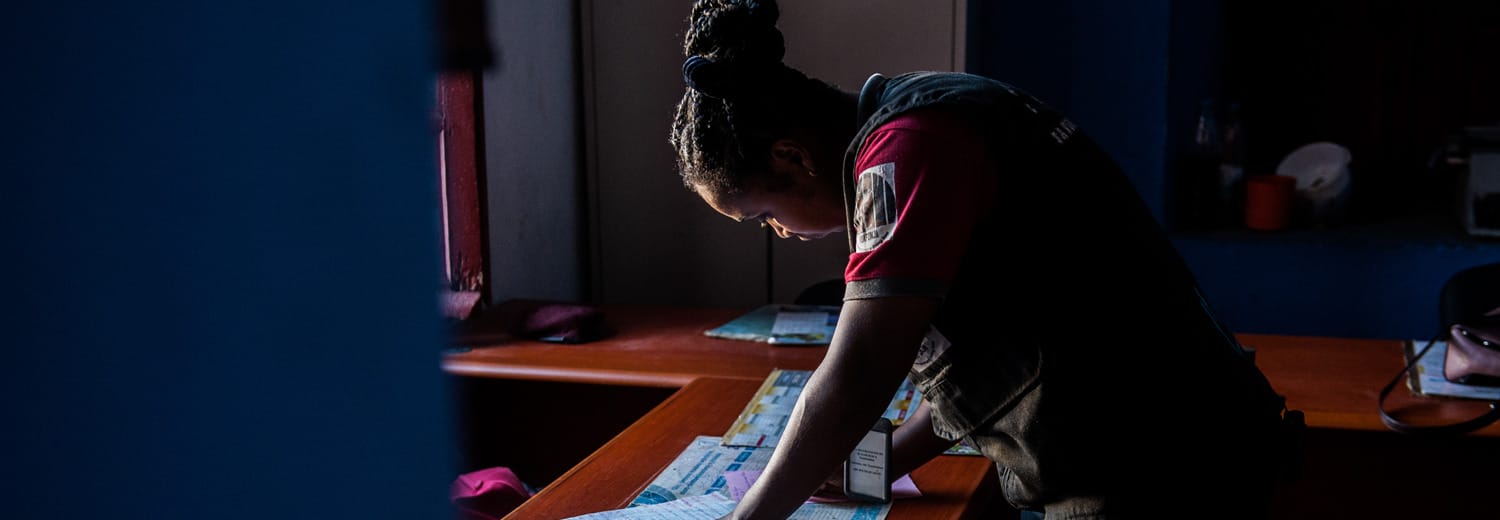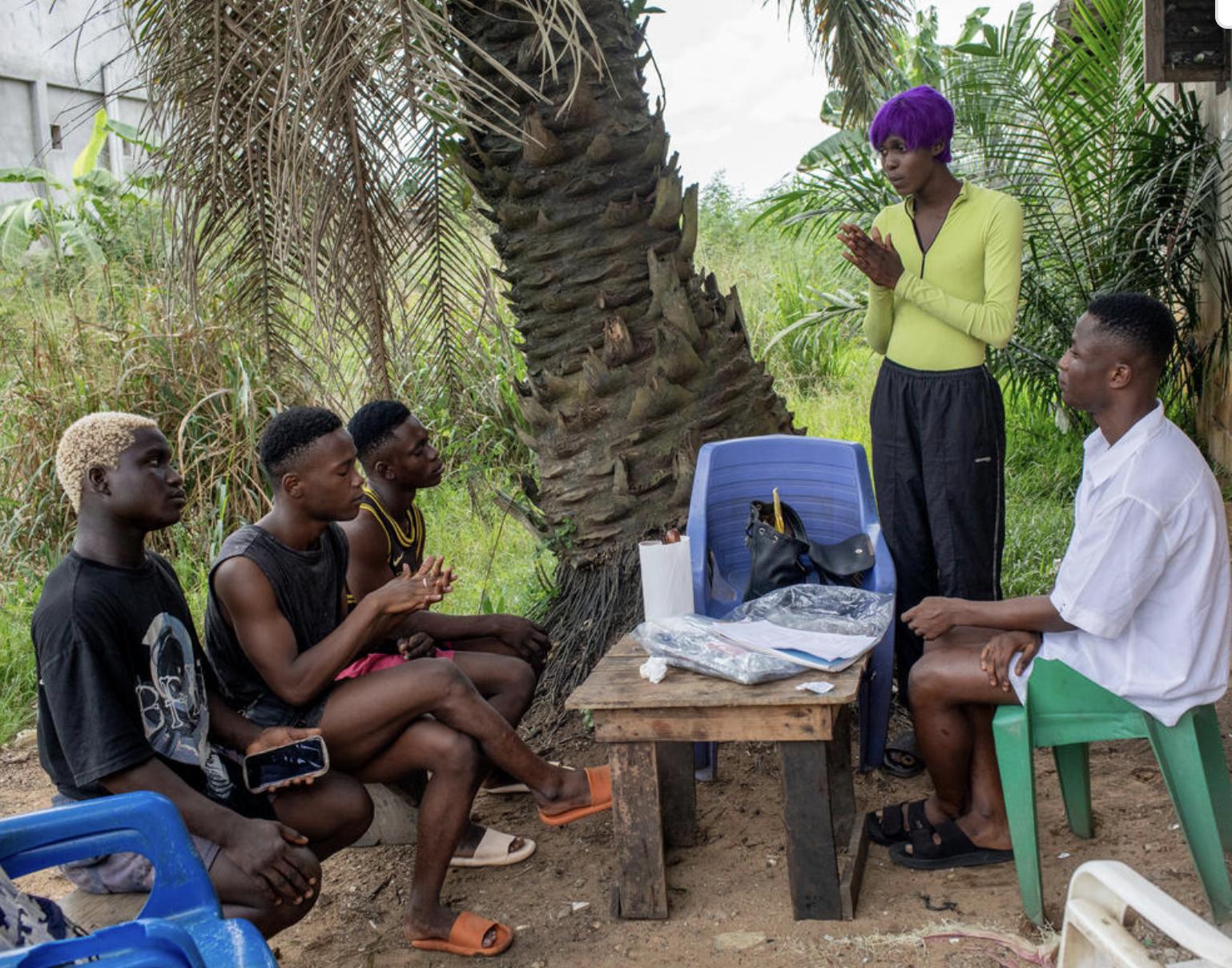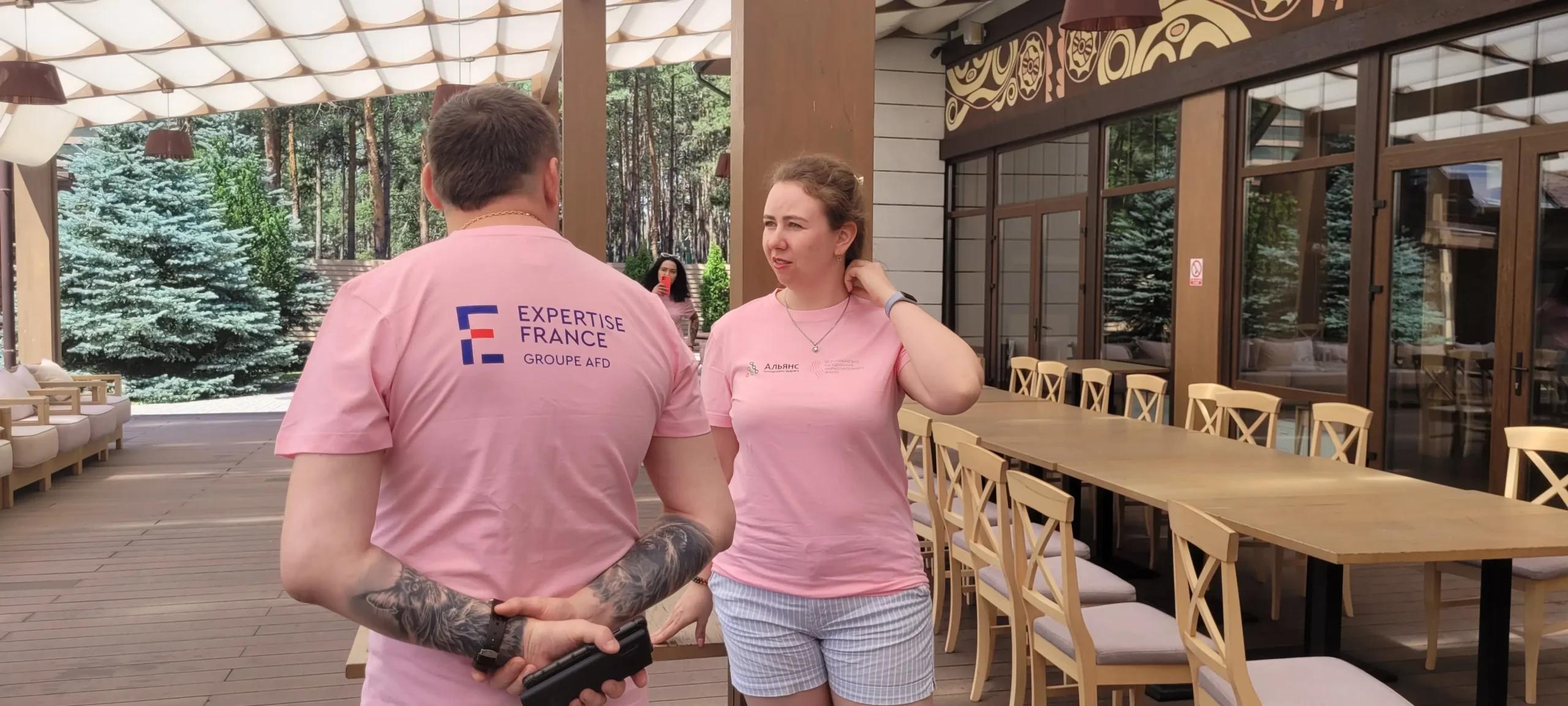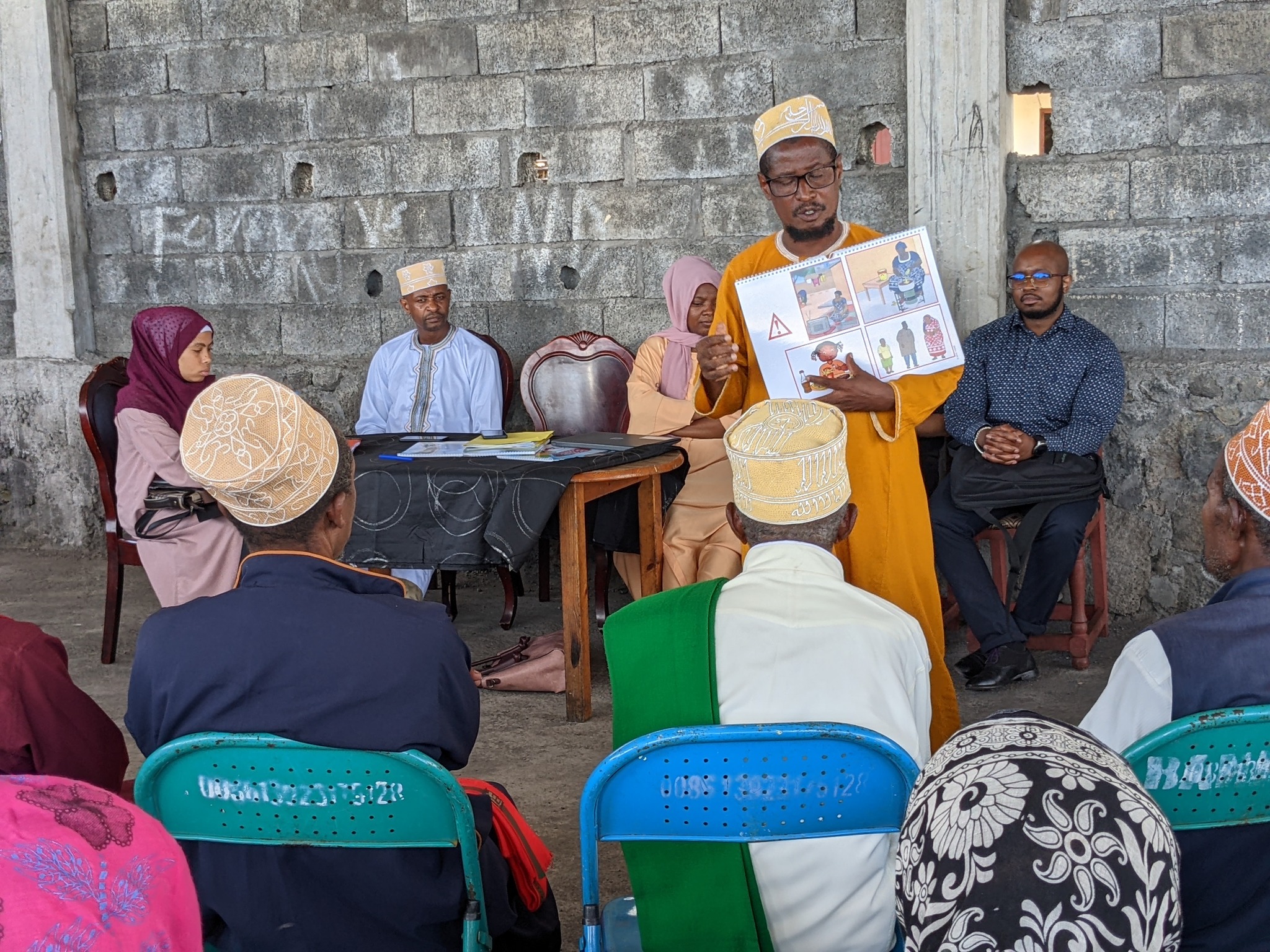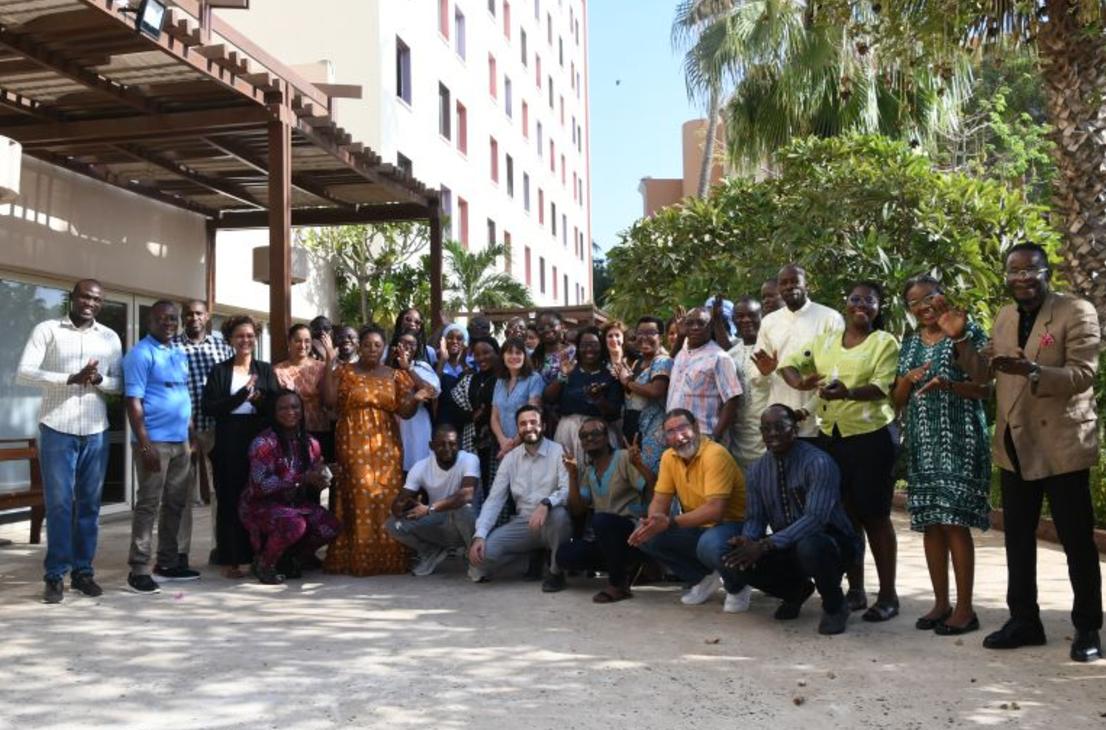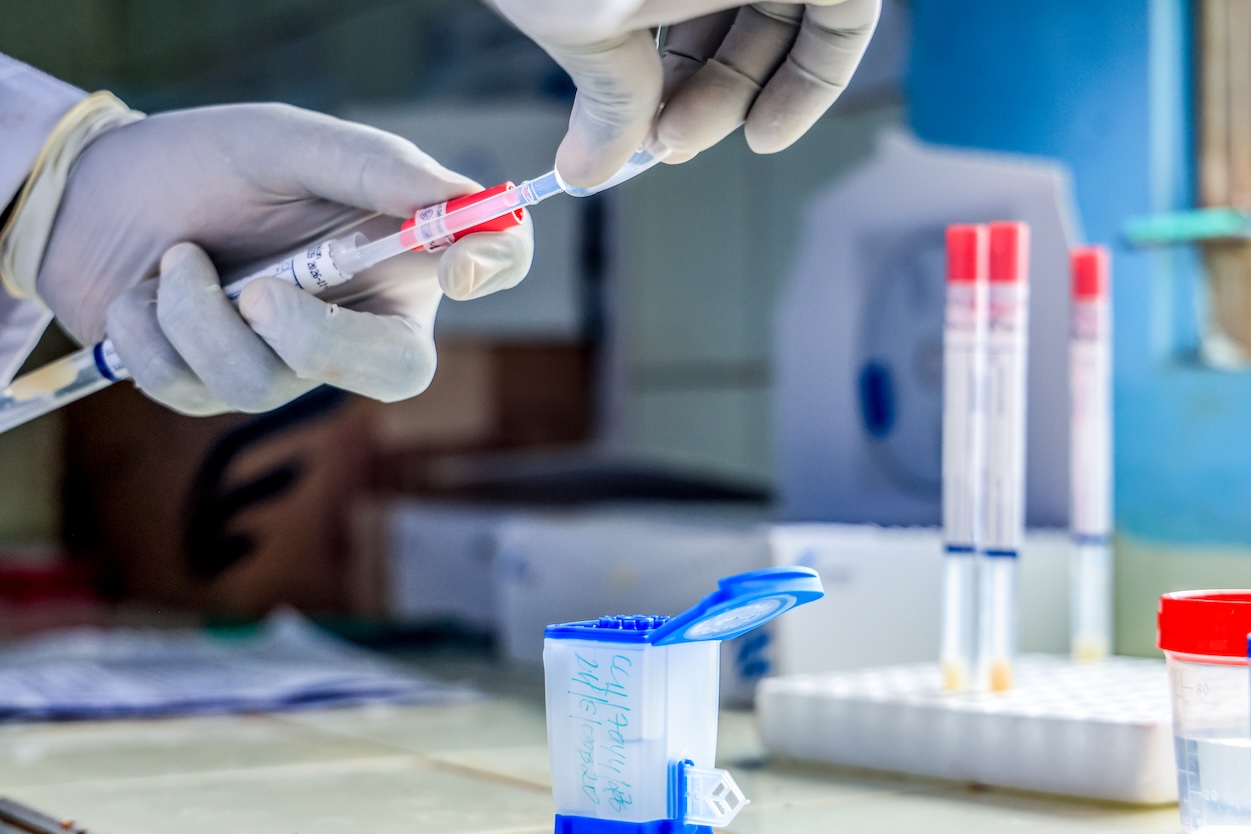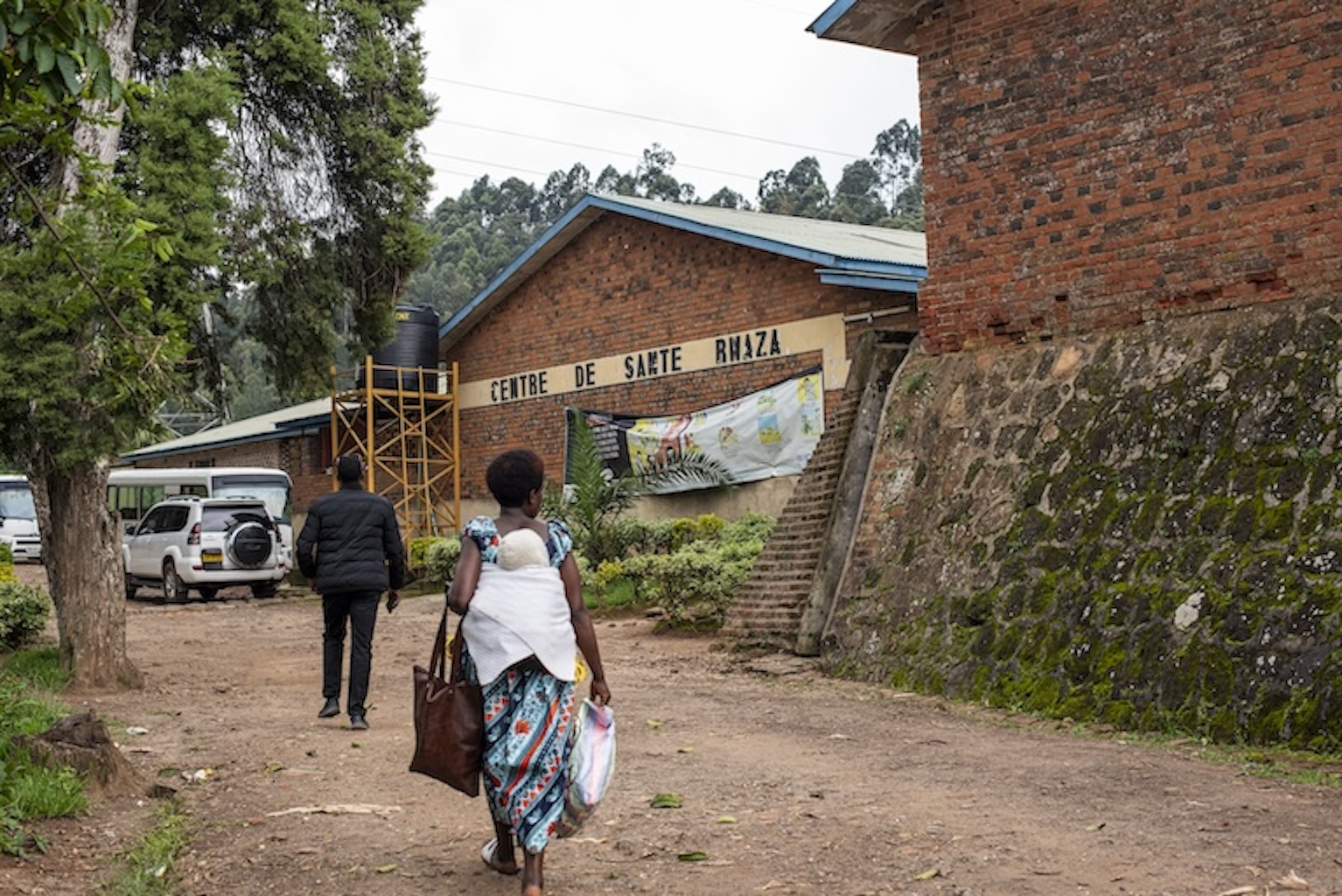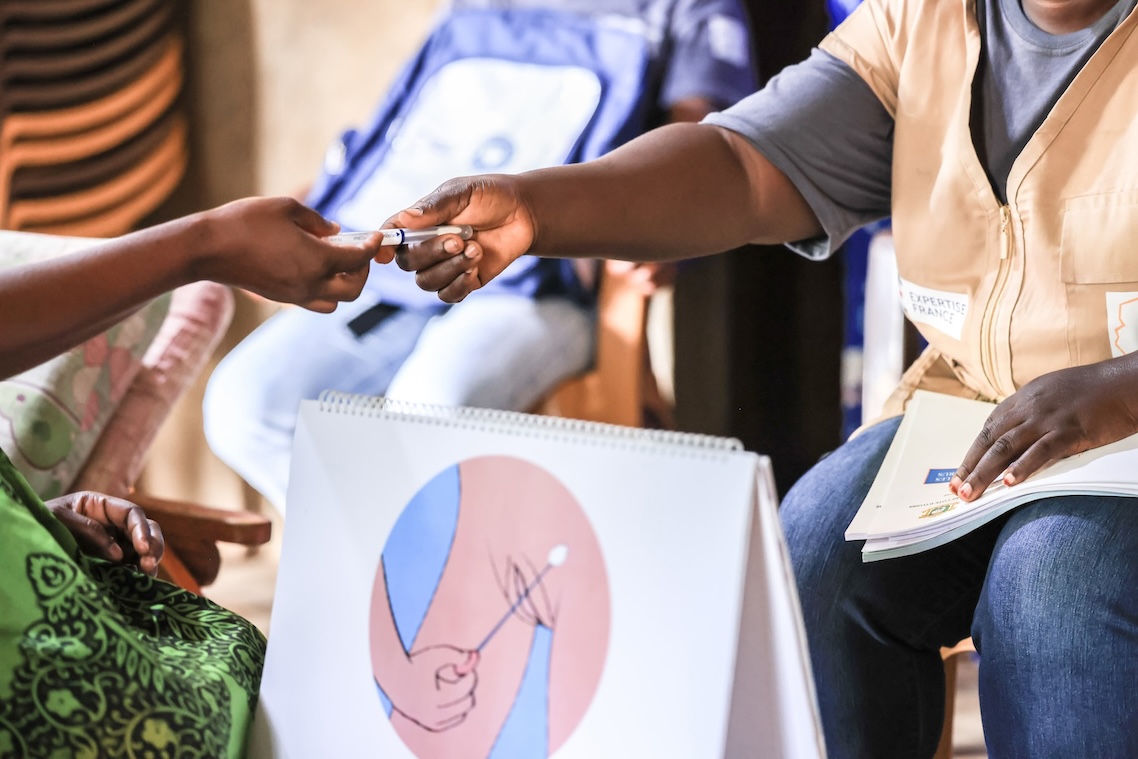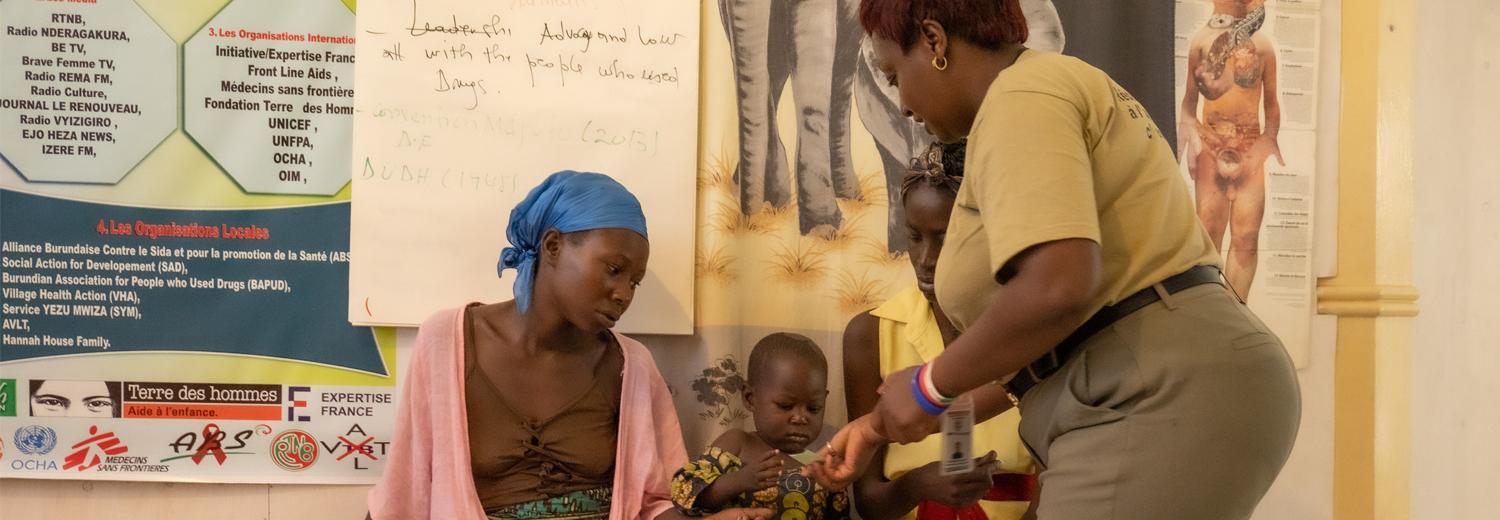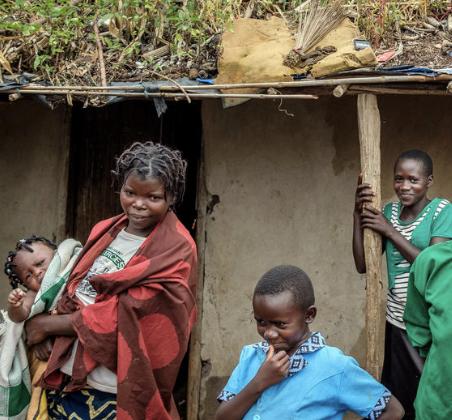Pandemic response in the Indian Ocean, with a focus on Madagascar
Faced with a worrying rise in HIV prevalence, epidemic malaria outbreaks and the persistence of tuberculosis, L’Initiative supports the health system in Madagascar. Christophe Vanhecke, Regional Adviser for Global Health (CRSM) for the Indian Ocean, outlines the main challenges, regional coordination and L’Initiative’s key contribution to supporting global health and, more specifically, the pandemic response.
What is your role as CRSM?
Christophe Vanhecke: As the CRSM for the Indian Ocean based at the French Embassy in Antananarivo since November 2021, I carry forward France’s global health strategy in four countries: Comoros, Madagascar, Mauritius and Seychelles. I promote France’s health investments — bilateral (French Development Agency, Expertise France, Team France Fund) and multilateral (United Nations agencies, the Global Fund, Gavi, Unitaid) — to national authorities and partners. I ensure constructive and transparent dialogue to optimise the impact of each investment and action.
What are the main health challenges in Madagascar?
Christophe Vanhecke: The country remains highly vulnerable: according to a 2023 World Bank report, 80.3% of the population lives below the poverty line and only 8% have health insurance. Infrastructure is dilapidated, access to care is limited both geographically and financially, medicine stockouts are frequent, and there is a severe shortage of qualified personnel.
On the pandemic front, unlike some neighbouring countries where indicators have improved, malaria crossed the epidemic threshold with 2.8 million cases in 2023; HIV and sexually transmitted infection prevalences are increasing; and tuberculosis remains endemic. Add to this the recurrent outbreaks of plague or measles: the health system must be able to cope with an enormous infectious burden. Universal health coverage and the modernisation of primary health centres are therefore essential.
How does L’Initiative support the response?
Christophe Vanhecke: Since L’Initiative was established in 2011, Madagascar has received nearly €30 million to improve universal access to health and to fight pandemics. Through targeted support, L’Initiative acts complementarily to Global Fund projects. There is strong collaboration with Madagascar’s Ministry of Health and constant dialogue with the Global Fund team.
HIV/STIs, tuberculosis, malaria, sexual and reproductive health and rights, cervical cancer… L’Initiative’s projects are fully integrated into the local landscape and work to strengthen the skills of the country’s health workforce. This applies beyond Madagascar to the three Global Fund beneficiary countries in the Indian Ocean region. Significant support is also provided to civil society and vulnerable populations in the three countries.
Why is a coordinated response important in the Indian Ocean?
Christophe Vanhecke: At the 20th Indian Ocean HIV symposium, I emphasised the importance of inter-island coordination: Comoros, Réunion, Madagascar, Mauritius and Mayotte share patient flows, clinical practices and research experience. Geographically and culturally these islands are very close, which makes coordination and mutual assistance crucial. Réunion has a university hospital (CHU) and regional referral centres such as the Centre Hospitalier Ouest Réunion (CHOR). University-hospital cooperation, protocol exchanges and joint training are essential to build a common, effective regional response to pandemics.
The presence of Réunion hospitals in the region — bringing practitioner experience, testing and follow-up techniques, and scientific research — helps strengthen cooperation and capacity across the islands.
Why strengthen capacities?
Christophe Vanhecke: To better fight pandemics, we need an inclusive health system, trained health personnel and appropriate infrastructure. Complementing a human resources mapping supported by the World Health Organization, the World Bank and Madagascar’s Ministry of Health, and alongside medical and paramedical studies, L’Initiative is funding a major project targeting the country’s health workforce.
This project directly addresses the severe shortage of trained personnel: experts are seconded to the ministry to steer the reform of paramedical education; two pilot regions benefit from a reinforced Regional Training Office that carries out needs mapping, organisational diagnosis and training plans; it supports installation and follow-up for professionals in isolated areas; offers internship rotations with Réunion University Hospital (CHU de La Réunion); and trains 650 in-service professionals and 85 young interns.
This holistic approach aims to ensure that hospitals and primary health centres have qualified, supported human resources and that health coverage evolves towards a sustainable response to pandemics: HIV, malaria, tuberculosis, and beyond.
What message would you like to convey about the fight against pandemics in the Indian Ocean, especially in Madagascar?
Christophe Vanhecke: The country is full of health initiatives and projects — NGOs, bilateral and university-hospital cooperation, and multilateral funding. This work is crucial for a country facing many health challenges.
We must strive for constructive dialogue and coordinated action. L’Initiative already plays a strategic role in bringing together Team France (the Embassy, the French Development Agency, Expertise France) and in working hand in hand with the country’s Ministry of Health. It is this teamwork — national, regional and international — that will make a difference against HIV, tuberculosis, malaria and other diseases.

